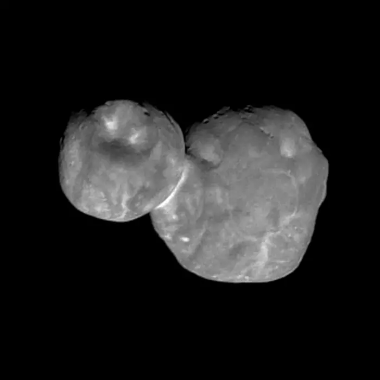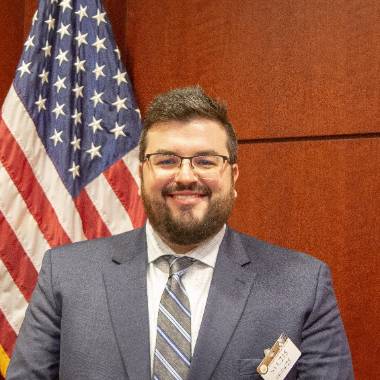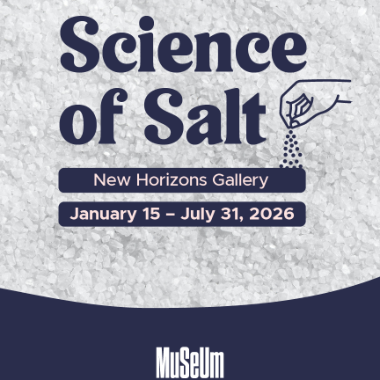EES Student Spotlight: Alexi Schnur
EES Student Spotlight: PhD candidate Alexi Schnur
Graduate student Alexi Schnur is working with Dr. Dalton Hardisty’s lab is in Geochemical Oceanography; specifically, the distribution of iodine redox species at the Bermuda Atlantic Time Series (BATS) in the Atlantic Ocean and across a meridional transect of the Pacific Ocean, from Alaska to the waters of the Antarctic. Alexi’s work seeks to understand the rates and mechanisms of iodine redox species formation and distribution in the euphotic zone of ocean waters, and postulate on how this distribution might ultimately affect atmospheric ozone cycling through interactions with iodide at the sea surface.
Alexi was originally interested in EES for her PhD because the research goals of the department and faculty matched many of her interests. Coming from a Microbiology and Astronomy undergraduate background, she wanted to use the skills that she had learned and take them forward into the Geosciences with a focus on major Earth processes, and thankfully that is exactly what Alexi has been able to do! She has been able to work with ocean samples from around the globe and has made connections through her projects with scientists from many major universities and institutes from the US and abroad, which has broadened her interests even further. “It didn’t hurt that MSU is also close to friends and family, so this opportunity has allowed me to continue both my professional and personal goals in meaningful ways.”
Alexi is currently working with samples from the 2022 GEOTRACES GP17-OCE sampling cruise and 2018 GP15 sampling cruise in the Pacific Ocean to complete three main goals: (1) the first full meridional transect of iodine measurements in the Pacific Ocean Basin, (2) an iodine mass balance of the Pacific Ocean, and (3) an analysis of the water masses of the Southern Pacific Ocean, and the incorporation of iodine within them. These experiments are helping the lab to better understand where and how iodine’s major forms are distributed throughout the Pacific Ocean, and how much processes such as microbial primary productivity or seasonal mixing and water mass transport have to do with this observed distribution. Her role in the GEOTRACES GP17-OCE iodine projects has been to lead measurements of the iodine species iodide and iodate here at MSU for use in creating the meridional iodine transect and the iodine mass balance and co-lead the work on an Optimum Multiparameter Analysis (OMPA) to understand the water masses of the Southern Pacific Ocean and the contribution of iodine within them. For all parts of this project, Alexi is working with many others who are all contributing important pieces of science to this story. “My role collaborating with each of them on this work has been very exciting!”
“My favorite part of my graduate school experience in EES has been the opportunities that I have had to work with collaborators on projects that span multiple institutions and disciplines, and even contribute to projects that span multiple decades! It’s been truly exciting to be able to contribute meaningful science that helps us to better understand our world. I have also had a great time teaching and mentoring undergraduate students in multiple capacities throughout my PhD, through programs like GeoCaFES and UURAF, and TA’ing courses for both EES and non-science majors. Dalton is incredibly knowledgeable about the research world and how to navigate the countless aspects of academia, both within research and outside of it. I have learned so much from him about the inner workings of academic collaborations and relationships that will be so helpful moving forward in my career.”
“A big lesson that I will take away from my PhD is that having the support of others, both in academia and in my personal life, has been critical to my success in this program and as a researcher. I hope to be able to give the support to others that has been shown to me in any team or collaboration that I will be a part of in my career going forward.” In addition to the research that you will do, there are so many opportunities to get involved in different aspects of the department through clubs, groups, leadership, and mentorship opportunities! This department has something for everyone, and really seeks to make sure that everyone feels welcomed and included.
Fun facts: In her free time Alexi enjoys running, hiking, and snuggling her big orange cat, Fitz!


